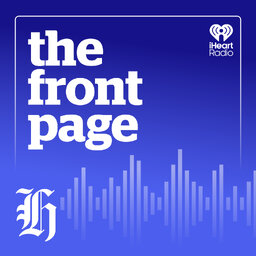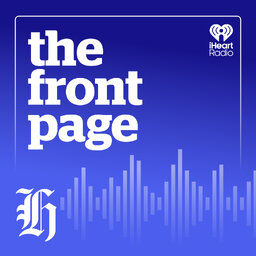Why critics call the Government’s latest bowel screening policy ‘pathetic’
Bowel cancer is the second highest cause of cancer death in New Zealand.
1 in 10 Kiwis diagnosed are under 50 and every day, around three New Zealanders die from bowel cancer.
Now, keep these figures in mind when I tell you that Health Minister Simeon Brown has announced the Government is lowering the screening from 60 to 58 for all Kiwis – and canned plans to lower the age for Māori and Pacific men to 50.
That might be a good fit for the Pākehā majority, but less so for Māori and Pacific, given more of those groups develop cancer earlier.
For example, about 26 per cent of bowel cancers in Pacific peoples occur between 50-59 years old, compared to about 11 per cent in the non-Māori or Pacific population.
Today on The Front Page, University of Otago Professor of Colorectal Surgery Frank Frizelle joins us to discuss what needs to be done to prevent this disease.
Follow The Front Page on iHeartRadio, Apple Podcasts, Spotify or wherever you get your podcasts.
You can read more about this and other stories in the New Zealand Herald, online at nzherald.co.nz, or tune in to news bulletins across the NZME network.
Host: Chelsea Daniels
Sound Engineer: Evan Paea
Producer: Ethan Sills
 The Front Page
The Front Page


